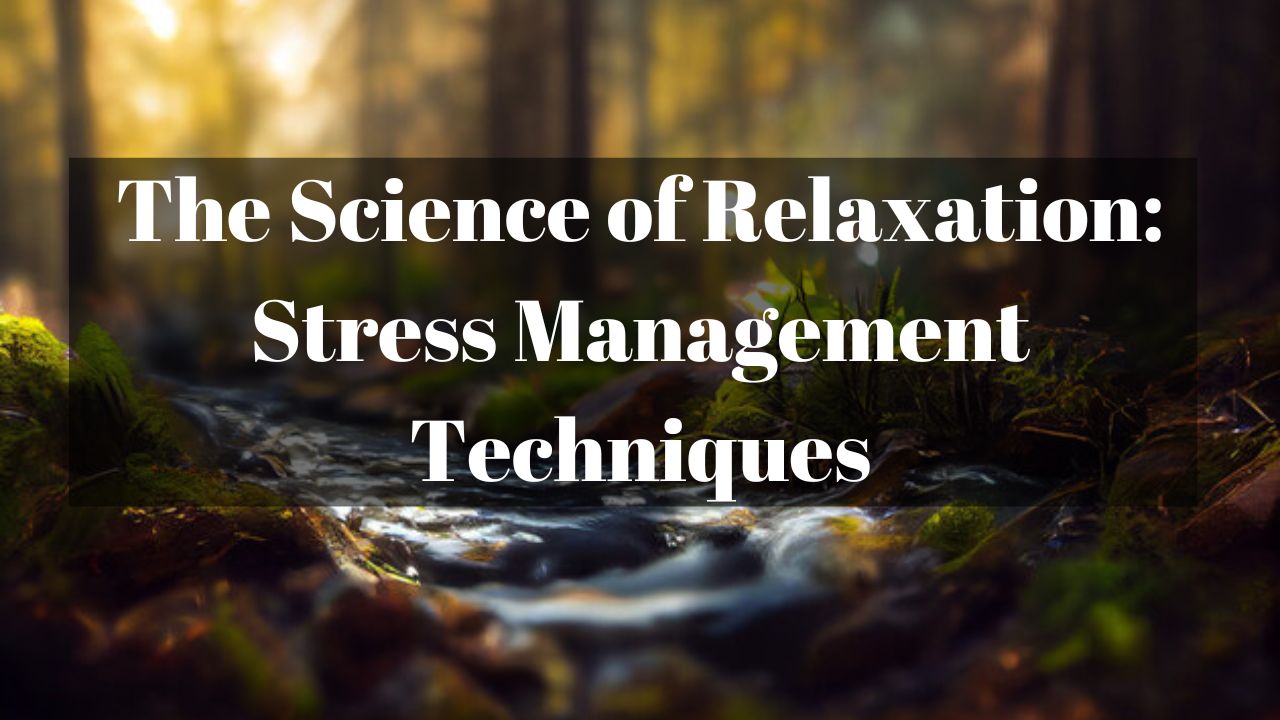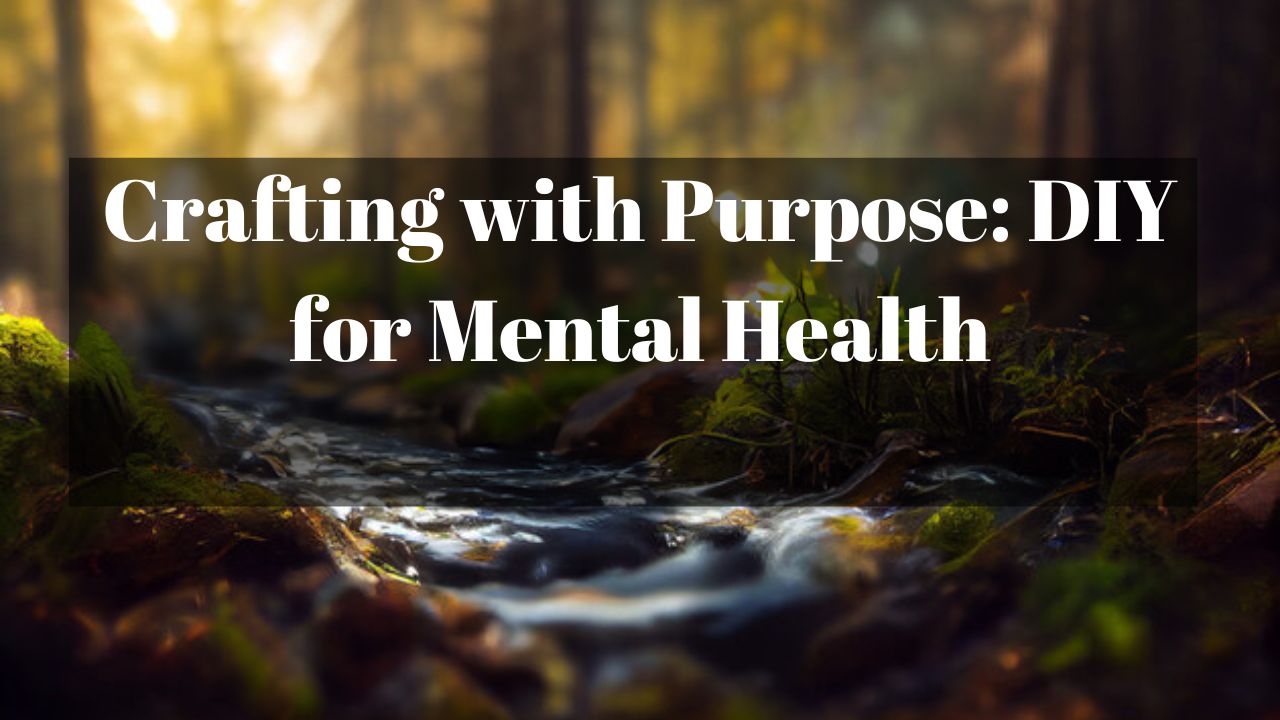The Science of Relaxation: Stress Management Techniques
In today’s fast-paced world, stress has become an unwelcome companion for many, affecting our physical and mental well-being. However, the science of relaxation offers a powerful antidote to the detrimental effects of stress. This article explores stress management techniques backed by scientific research, providing valuable insights into the art of relaxation and its profound impact on our overall health.
Understanding Stress:
Stress is a natural response to challenging situations, activating the body’s fight-or-flight response. While this response is crucial in emergencies, chronic stress can have detrimental effects on health. Understanding the physiological and psychological aspects of stress is the first step toward effective stress management.
The Role of Cortisol:
Cortisol, often referred to as the stress hormone, plays a central role in the body’s stress response. When stress triggers the release of cortisol, it prepares the body for action. However, prolonged exposure to high cortisol levels is associated with a range of health issues, including compromised immune function, weight gain, and cardiovascular problems.
The Benefits of Relaxation on Health:
Relaxation techniques counteract the effects of stress by promoting the relaxation response, a state of physiological rest. Research indicates that regular relaxation practices can lower cortisol levels, improve immune function, and reduce the risk of stress-related health conditions.
Mindfulness Meditation:
Mindfulness meditation, rooted in ancient contemplative practices, has gained widespread recognition for its effectiveness in stress reduction. Studies show that regular mindfulness meditation can decrease cortisol levels, improve mood, and enhance overall well-being. Integrating mindfulness into daily life fosters a present-moment awareness that mitigates the impact of stressors.
Deep Breathing Exercises:
Controlled breathing exercises activate the body’s relaxation response by slowing down the heart rate and calming the nervous system. Techniques such as diaphragmatic breathing or the 4-7-8 method are scientifically proven to reduce stress and anxiety. These exercises are easily accessible and can be practiced anywhere, making them valuable tools in managing everyday stress.
Progressive Muscle Relaxation (PMR):
PMR involves systematically tensing and relaxing different muscle groups, promoting physical and mental relaxation. Studies suggest that regular PMR practice can reduce stress, improve sleep quality, and alleviate symptoms of conditions such as insomnia and chronic pain. Incorporating PMR into a bedtime routine can be particularly beneficial for improving sleep.
Yoga for Stress Management:
Yoga combines physical postures, breath control, and meditation, offering a holistic approach to stress management. Research indicates that practicing yoga can reduce cortisol levels, alleviate symptoms of anxiety and depression, and improve overall mental well-being. Different styles of yoga cater to varying preferences and fitness levels, making it an accessible option for many.
Nature and the Outdoors:
Spending time in nature has been shown to have significant stress-reducing effects. The practice of “forest bathing” or shinrin-yoku, rooted in Japanese tradition, involves immersing oneself in a natural environment. Studies demonstrate that spending time in green spaces lowers cortisol levels, enhances mood, and improves overall mental health.
Art and Creativity:
Engaging in creative activities, whether it’s painting, drawing, or crafting, provides a therapeutic outlet for stress. The process of creating art activates the brain’s reward pathways, releasing dopamine and promoting a sense of accomplishment. Creative expression is a form of self-care that can alleviate stress and improve emotional well-being.
Social Connections and Support:
Human connections play a crucial role in stress management. Spending time with loved ones, sharing experiences, and receiving support during challenging times contribute to emotional resilience. Social connections trigger the release of oxytocin, a hormone that counteracts stress and promotes bonding.
Laughter Therapy:
Laughter is a natural stress-buster, triggering the release of endorphins, the body’s feel-good chemicals. Laughter therapy, or humor therapy, involves intentional laughter exercises and is associated with reduced cortisol levels and improved mood. Incorporating humor into daily life, whether through jokes, funny movies, or laughter yoga, can be a simple yet effective stress management technique.
Adequate Sleep and Rest:
Quality sleep is essential for stress management and overall health. Chronic sleep deprivation is linked to increased cortisol levels and heightened stress responses. Establishing healthy sleep habits, such as maintaining a consistent sleep schedule and creating a relaxing bedtime routine, is crucial for promoting restful sleep and managing stress.
Conclusion:
The science of relaxation unveils a myriad of evidence-based stress management techniques that empower individuals to lead healthier, more balanced lives. By understanding the physiological and psychological underpinnings of stress, we can adopt practices such as mindfulness meditation, deep breathing exercises, yoga, and nature immersion to mitigate the negative effects of chronic stress.
Incorporating relaxation techniques into daily routines not only enhances mental well-being but also fosters physical health, resilience, and a greater sense of overall satisfaction. As we navigate the demands of modern life, embracing the science of relaxation becomes a proactive and empowering approach to managing stress, promoting a more vibrant and fulfilling existence.











